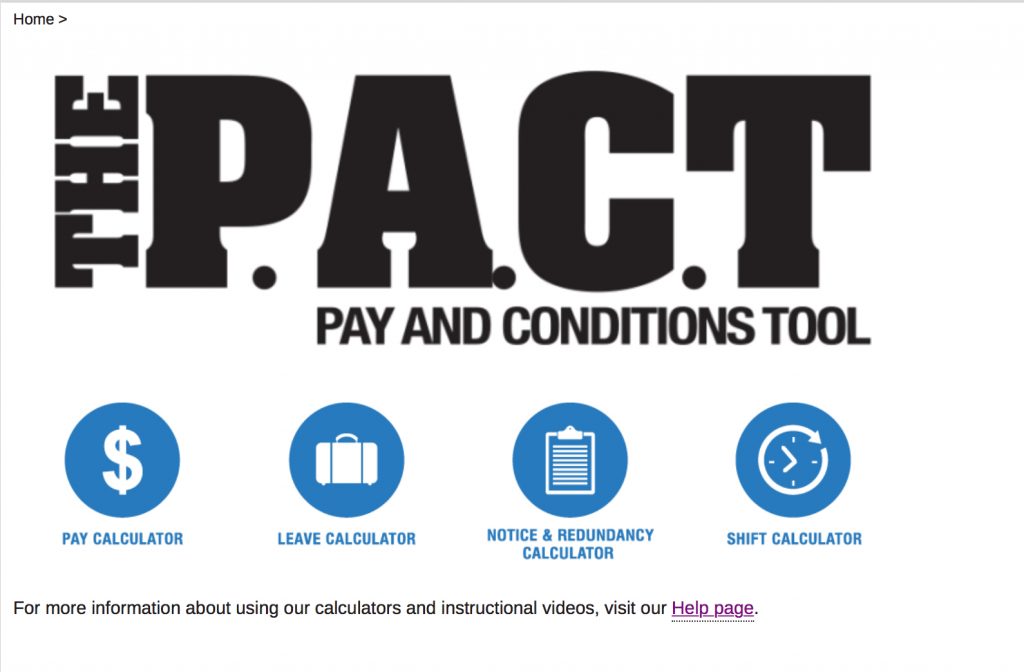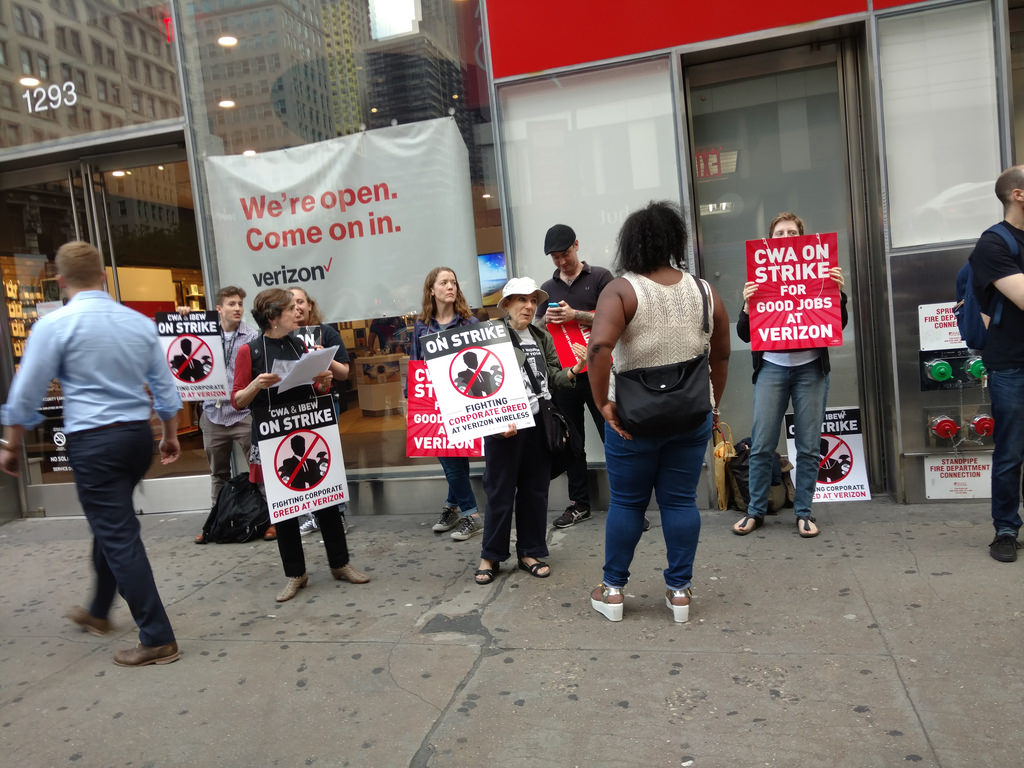Articles
How To Make Sure You Are Paying Your Staff Right?

Making sure your staff are paid correctly is one of the most important things a business owner should do.
Yet, it appears to be an area that isn’t given the level of attention that it should.
One of the most popular reasons for this is that the often repeated line of, “it’s all too confusing”.
If you subscribe to that excuse, here are a few ways to make sure you are paying your staff right.
Fair Work Ombudsman – Pay And Conditions Tool

It comes as no surprise that the Fair Work Ombudsman’s Pay And Conditions Tool (P.A.C.T.) is on this list.
The P.A.C.T. helps both employers and employees check their relevant pay and conditions.
It even helps those employers who don’t know which Modern Award applies to them.
This browser-based tool is relatively easy to use, with only basic answers required.
Are They An Employee Or Contractor?

There appears to be a lot of confusion among small business owners about the difference between an employee and an independent contractor.
There is a mistaken belief that if the person supplies an ABN and invoice that they are an independent contractor.
Sadly for those employers who have fallen for this, it is incorrect.
There may be instances where a legal determination is required. Though generally speaking, the following tests can be used to work out if they are an employee or not.
Episode 50: IR Simplified Podcast – Inappropriate Language

In this week’s episode of the IR Simplified podcast I talk about the following:
- Inappropriate language in the workplace, and how to deal with it.
- Whats been happening since the last podcast
- A reminder about the LinkedIn and Facebook groups.
- How you can be part of future episodes of the IR Simplified Podcast
Enterprise Agreements

Enterprise agreements. There are a lot of rumours and myths surrounding them.
Here is the no BS version of what they are:
What Are They?
With regards to the Fair Work Act 2009, an enterprise agreement is an agreement on certain employment conditions between an employer and their employee(s).
Enterprise Agreements can be between:
a) An employer and group of employees;
b) More than one employer and group of employees;
c) One of more employers and one of more unions for a genuine new enterprise (Greenfields Agreement)
Modern Awards v Enterprise Agreements
A Modern Award covers specific employees within a particular industry.
An Enterprise Agreement covers employees of a particular employer(s).
Enterprise Agreements can bundle a number of different Modern Awards that apply to a workplace into the one document. Once the Enterprise Agreement has been approved, the Modern Award(s) no longer apply.
However, the wages and conditions cannot make an employee ‘worse off’ when compared to the relevant Modern Award.
Enterprise Agreements Part 4: Good Faith Bargaining

This is part 3 in the series on enterprise agreements.
You can find the lead post in the series here.
In the previous article, Enterprise Agreements – Negotiations, I talked about the process of negotiating an enterprise agreement.
This article goes into a bit more detail on the good faith bargaining part of enterprise agreement negotiations.
This article goes into more detail on what good faith bargaining is.
Legislation
The Fair Work Act 2009, does specify some requirements that must be met, for the bargaining agents to be bargaining in good faith.
228 Bargaining representatives must meet the good faith bargaining requirements
(1) The following are the good faith bargaining requirements that a bargaining representative for a proposed enterprise agreement must meet:
(a) attending, and participating in, meetings at reasonable times;
(b) disclosing relevant information (other than confidential or commercially sensitive information) in a timely manner;
(c) responding to proposals made by other bargaining representatives for the agreement in a timely manner;
(d) giving genuine consideration to the proposals of other bargaining representatives for the agreement, and giving reasons for the bargaining representative’s responses to those proposals;
(e) refraining from capricious or unfair conduct that undermines freedom of association or collective bargaining;
(f) recognising and bargaining with the other bargaining representatives for the agreement.
Enterprise Agreements Part 3: Negotiation
This is part 3 in a series on enterprise agreements. You can find the lead post in the series here. Part 1: Enterprise Agreements Part 1: What Are They? we discussed what enterprise agreements are, how they differ from Modern Awards and talked about what can and cannot be in one. Part 2: Enterprise Agreements Part 2 – Planning was a discussion … Read more
Enterprise Agreements Part 2 – Planning
This is part 2 in a series on enterprise agreements. You can find the first post in the series here. In Part 1: Enterprise Agreements Part 1: What Are They? we discussed what enterprise agreements are, how they differ from Modern Awards and talked about what can and cannot be in one. In this article, we will talk about … Read more
Enterprise Agreements Part 1: What Are They?
This is part 1 in a series on enterprise agreements. You can find the first post in the series here. With regards to the Fair Work Act 2009, an enterprise agreement is an agreement on certain employment conditions between an employer and their employee(s). Enterprise Agreements can be between: a) An employer and group of … Read more
How Do I Prevent Protected Industrial Action?
Protected Industrial Action. One of those areas of industrial relations that receives more than it’s fair share of negative publicity. Some say that employees should be prohibited from taking protected industrial action. Their claim is that it holds the employer to ransom. Personally, I believe that it is only poorly managed businesses that should be … Read more




